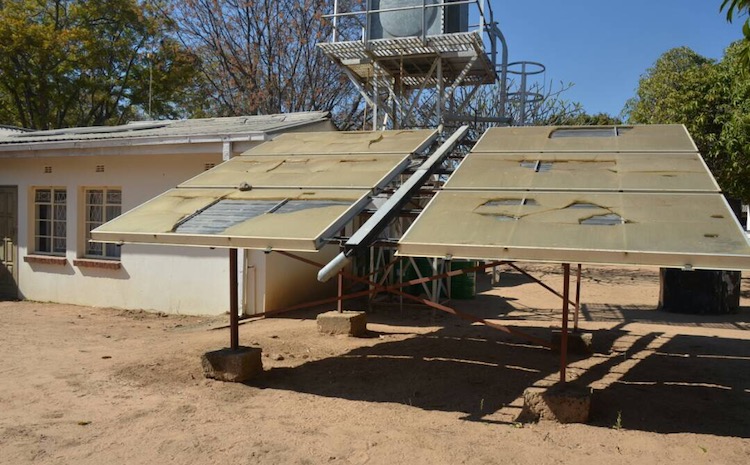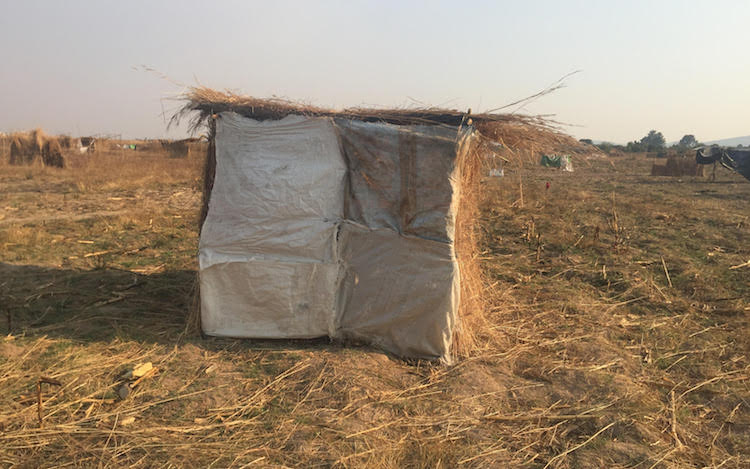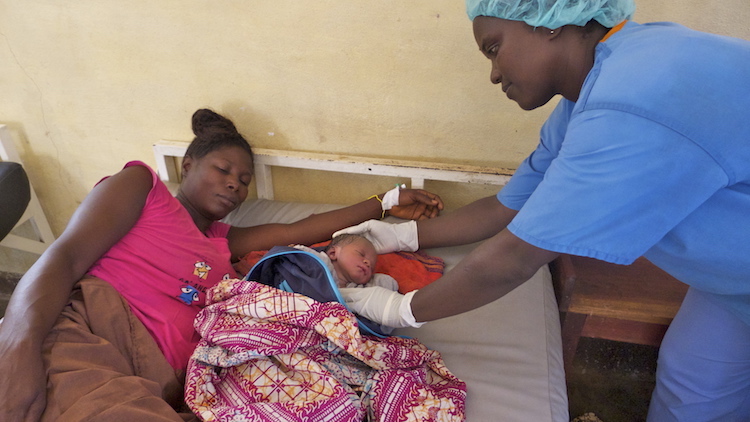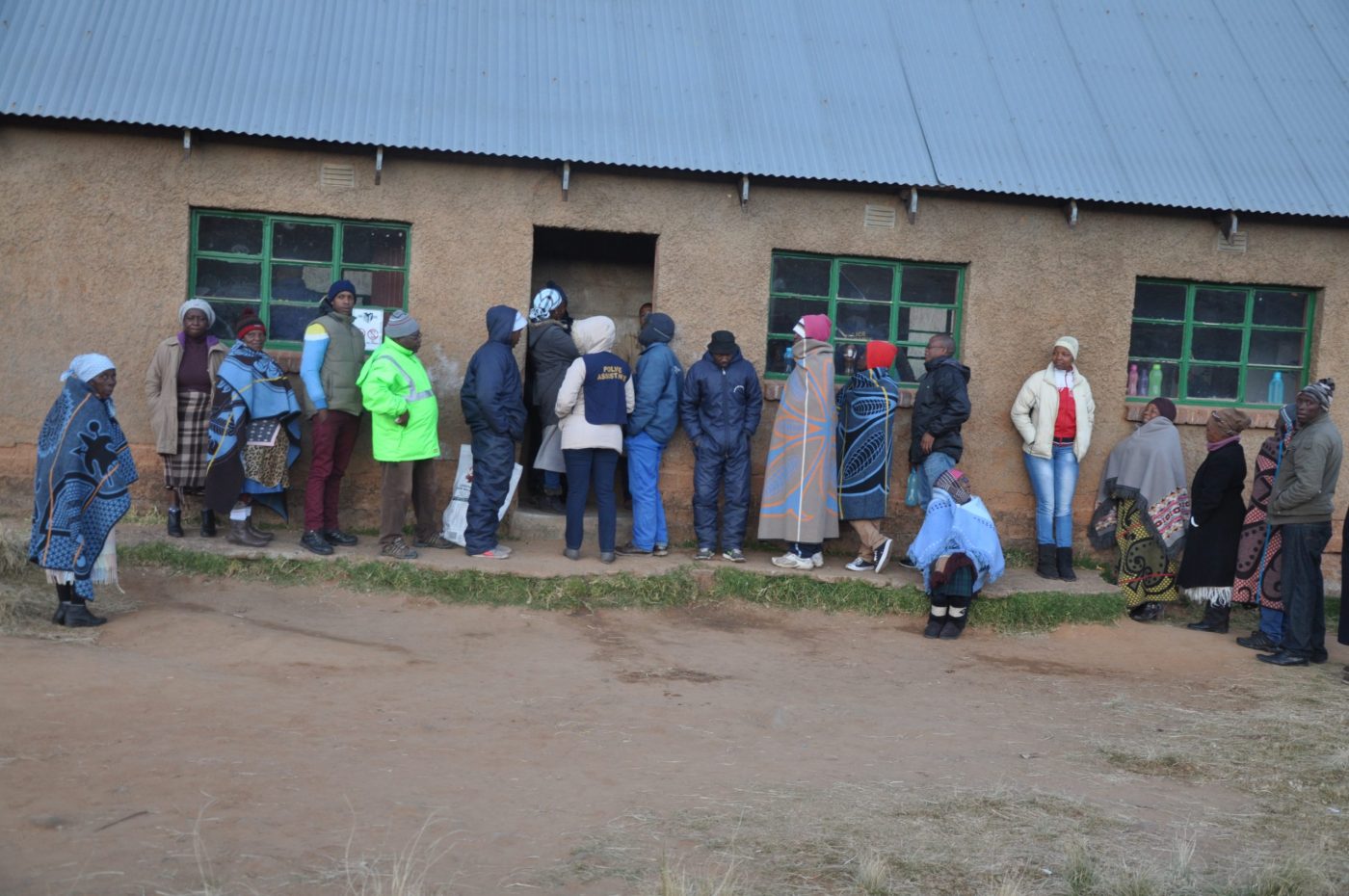By Jeffrey Moyo
MWENEZI; Zimbabwe (IDN) – Raviro Chawuruka scoops out sand from a well on a stream bank closer to her rural home in Rutenga, 443 km west of Harare, in Mwenezi district in Zimbabwe’s Masvingo Province.
At the age of 72, Chawuruka says she has known no rest while scavenging for water, this as she daily battles it out with the sand-filled water well in the vicinity of her home. She stands out among millions of Africans to whom piped water still remains a luxury, decades after several African nations gained independence from their former colonisers: Zimbabwe over 37 years ago.
According to the Zimbabwe National Statistics Agency, 65 percent of Zimbabwe’s 14 million people such as Chawuruka are domiciled in rural areas, where they have become the number one victims of lack of piped water.









